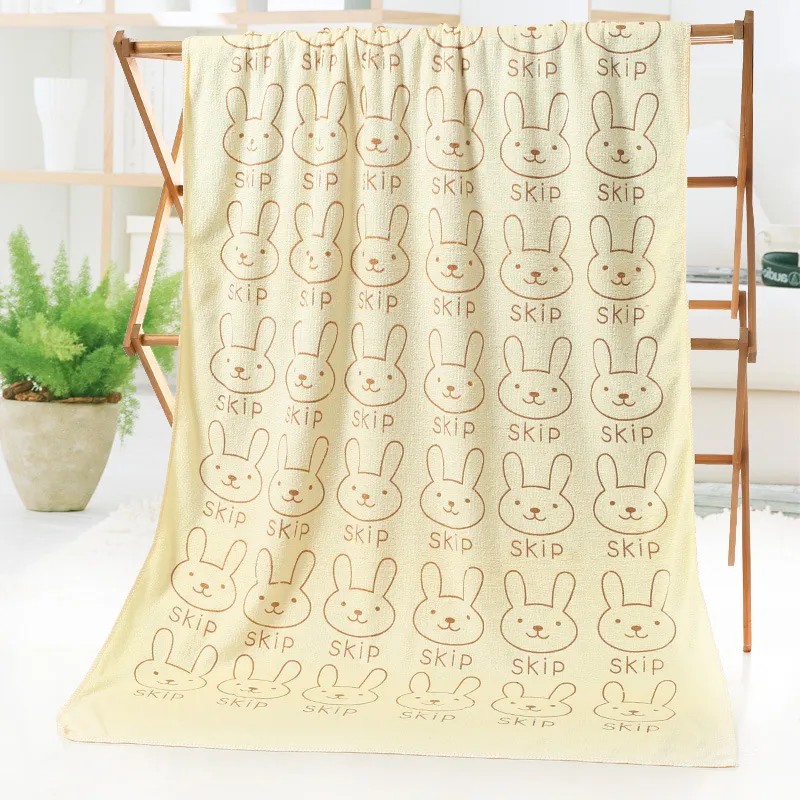Exploring Various Types and Uses of Felt Materials in Creative Projects
Types of Felt A Comprehensive Guide
Felt is a versatile material that has been used for centuries in a variety of applications, ranging from crafting and fashion to industrial uses. Its unique properties, including durability, flexibility, and ease of manipulation, make it a popular choice among artisans and manufacturers alike. In this article, we will explore the various types of felt, their characteristics, and their common uses.
1. Wool Felt
Wool felt is one of the most traditional and widely recognized types of felt. Made from natural sheep's wool, this type of felt is created through a process of matting, condensing, and pressing fibers together, usually without the use of spinning or weaving. Wool felt is known for its softness, warmth, and moisture-wicking properties. It is commonly used in clothing, accessories, and home decor. The wool fibers give it exceptional durability, making it an excellent choice for items that experience wear and tear, such as slippers and bags. Moreover, it can be dyed in vibrant colors, allowing for creative expression in crafting.
Synthetic felt is produced from man-made fibers, such as polyester or acrylic. Unlike wool felt, synthetic felt can be manufactured in a wide range of thicknesses and colors, making it highly customizable and cost-effective. It is often used in crafts, school projects, and commercial applications due to its affordability and durability. Synthetic felt is also resistant to fading, mold, and mildew, making it suitable for outdoor applications. However, it lacks the natural breathability of wool felt, which may influence its use in certain textile applications.
3. Blended Felt
types of felt

Blended felt is a combination of natural and synthetic fibers, typically wool and polyester. This type of felt offers the benefits of both materials, providing the softness and warmth of wool while enhancing durability and cost-effectiveness through the addition of synthetic fibers. Blended felt is commonly used in crafting, fashion, and upholstery. It provides a good balance between quality and affordability, making it a popular choice for both individual creators and commercial manufacturers.
4. Industrial Felt
Industrial felt is often made from heavier fibers and is designed for specific technical applications. This type of felt is frequently utilized in manufacturing, construction, and even automotive industries. Industrial felt can be created from various materials, including wool, synthetic fibers, and even paper. Its properties can be tailored to meet specific needs, such as insulation, cushioning, or sound absorption. For instance, acoustic panels made from industrial felt help reduce noise in commercial spaces, while felt gaskets provide sealing solutions in mechanical applications.
5. Craft Felt
Craft felt is a more affordable, softer variety typically made from synthetic fibers, designed specifically for arts and crafts projects. It is available in countless colors and patterns, making it a favorite among crafters for creating decorative items, toys, and home decor. Craft felt is easy to cut and manipulate, allowing for intricate designs and projects. It is commonly used in schools, by hobbyists, and for DIY activities due to its accessibility.
Conclusion
Felt is a diverse material with a wide range of applications. From the softness of wool felt to the durability of industrial felt, each type serves unique purposes across different industries and crafts. Understanding the properties and uses of each type can help you select the right felt for your next project, whether you're a seasoned artisan or a curious beginner. As you explore the world of felt, you'll likely be inspired to create something special with this adaptable and timeless material.
-
What Makes Felt a Great Choice?NewsNov.19,2024
-
Total Mixed Ration (TMR) Feed for CattleNewsNov.19,2024
-
The Ultimate Guide for Felt Polishing WheelsNewsNov.19,2024
-
Industrial Felt for Various ApplicationsNewsNov.19,2024
-
Felt Makeup Bags and Inserts BagsNewsNov.19,2024
-
Choosing the Right Hotel TowelsNewsNov.19,2024
-
Your Go-To Guide For Affordable Wholesale Wool FeltsNewsOct.31,2024







